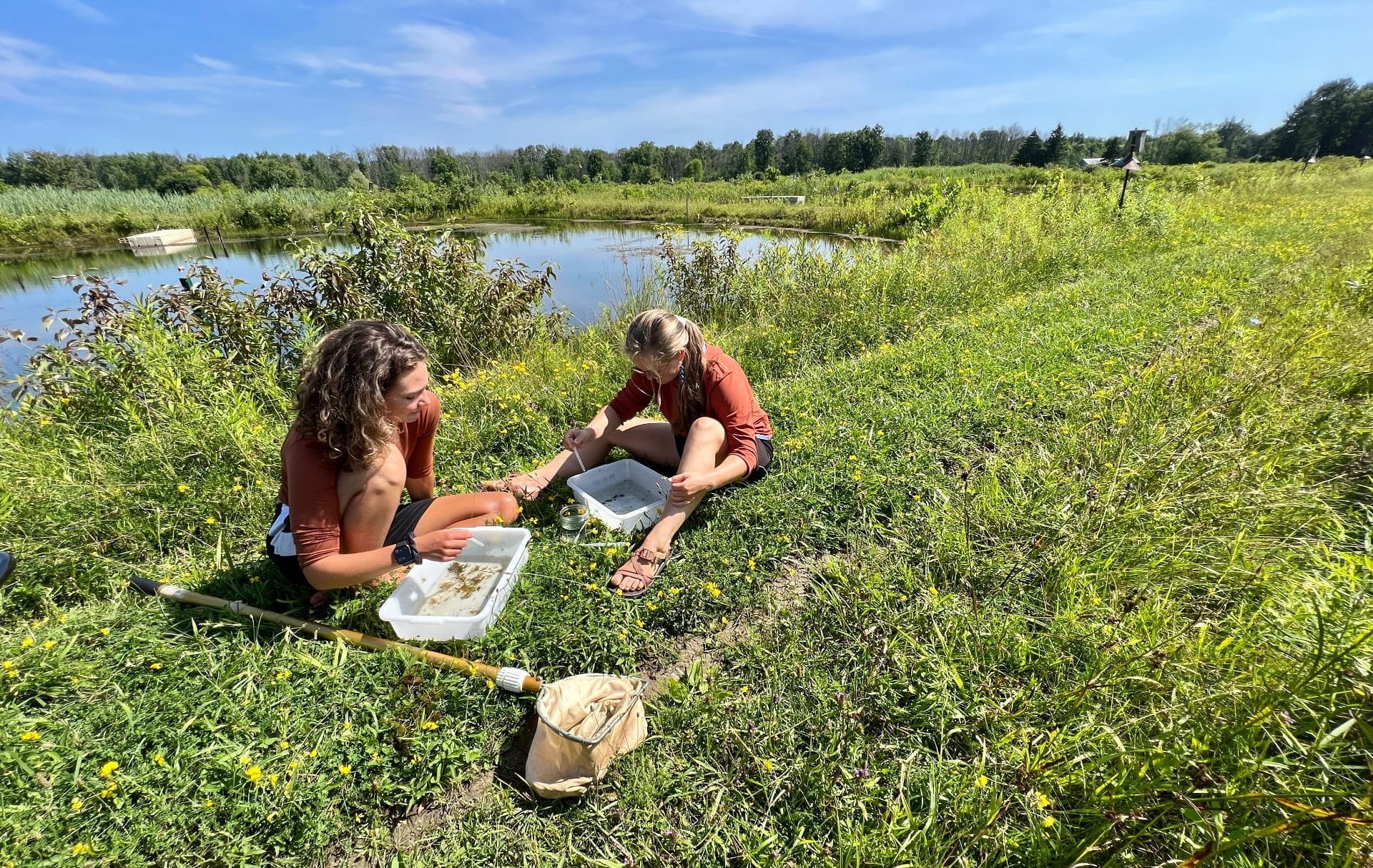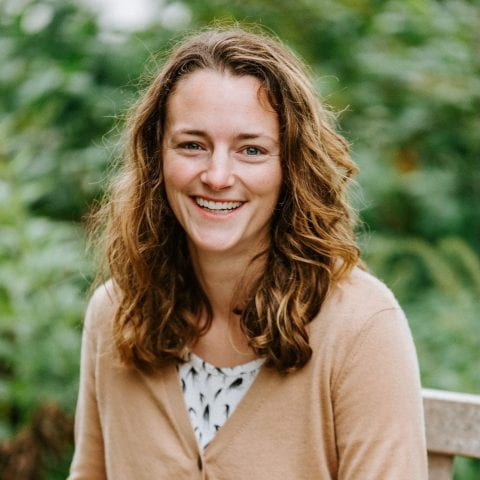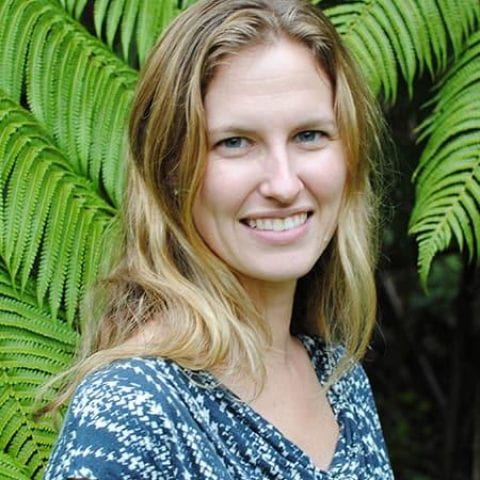Research at the Ponds
Why Have Experimental Ponds?
For over 50 years, a broad range of short and long-term field research and experimental projects have utilized Cornell’s Experimental Ponds Facility! Past and ongoing Ponds research projects provide valuable insights and solutions into a variety of disciplines including: management of invasive species in the Erie Canal; conservation of migratory birds; and a broadened understanding of nutrient and chemical pathways in aquatic environments.

Current Research

The Holgerson Lab of Freshwater Ecology is housed within the Department of Ecology & Evolutionary Biology at Cornell University. Our lab studies how freshwater communities and ecosystems operate, and how they respond to environmental change. Our current research questions focus on greenhouse gases, carbon burial, food web structure, and the importance of benthic-pelagic connections. Much of our work is in ponds, which are globally abundant and serve as hotspots for biodiversity and biogeochemical activity, although we dabble in lakes and wetlands too. Our research intersects community ecology, ecosystem ecology, biogeochemistry, and conservation science. Much of our work focuses on ponds, which are individually small, yet comprise over 75% of all mapped lentic waterbodies (and millions more unmapped small waters!). Ponds are understudied compared to lakes, but they are hotspots for biodiversity and biogeochemical cycling, and are threatened by environmental change (e.g., climate, land use). To study ponds and compare them to lakes, our team works across scales from local field surveys and experiments to global syntheses and collaborations.
Visit Meredith’s faculty profile on the Department of Ecology and Evolutionary Biology website.

To survive and reproduce in dynamic environments organisms must continually alter the expression of a diversity of phenotypic traits. Research in The Vitousek Lab addresses how hormonal mechanisms mediate the flexible expression of phenotype, and how selective forces shape variation in these mechanisms within and across populations.
A central theme of our research concerns how animals adjust their phenotype in response to stressors. From taking shelter in extreme weather to altering parental behavior in the presence of a predator to coping effectively with injury, how organisms respond to challenges can influence the likelihood that they survive and reproduce. Ongoing research is investigating how and why individuals and populations differ so dramatically in the capacity to cope with stressors, and the ecological and evolutionary consequences of this variation. Other research topics in the lab include how environmental and social context influence sexual selection and the integrated signaling phenotype.
Visit Maren’s faculty profile on the Department of Ecology and Evolutionary Biology website.
